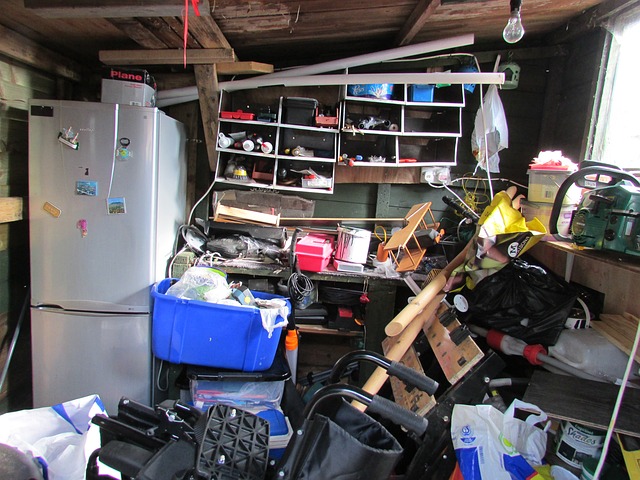
Take this simple quiz: What do piles of paper, too many unanswered emails in your inbox, clothes you don’t wear, prescriptions that have expired, random items like toys lying around the house and negative thoughts all have in common?
Answer, please: They are all clutter. Whether physical or mental, all these items take up space, have a heavy presence in your life and emanate a burdensome negative energy.
When you open the door and walk into your office, what do you see? Endless stacks of paper? When you turn on your computer and check your correspondence, are you dismayed to discover an endless stack of unanswered emails in your inbox? What about your home? What are you going to do with those accumulating stack of magazines? Newspapers? Old clothes? And for families with kids, are there lots of abandoned toys scattered throughout the house?
Did you know that a person wastes two years of his or her life searching for misplaced “stuff”? Think about that. What could you do with all that that time if you weren’t wasting it?
Looking up the definition of clutter, you find rough synonyms like “disorder,” “confused,” and “untidy.” Clutter has a visceral effect. You can actually feel it: ponderously heavy, swirling, negative thoughts chasing one another in your head; a lack of clarity of thought; a sense that you’re overwhelmed by something you cannot overcome. You know the feeling, because everyone today has experienced the draining effects of clutter in some form.
Clutter itself is manifested in three forms: physical, electronic and emotional.
Most people are familiar with the physical form clutter can take: stacks of paper and publications, clothes you haven’t worn, and so on.
Electronic clutter typically often arrives in the form of emails and voicemail. In this technological world, we are experiencing increasing amounts of electronic clutter. Mix these with the constant distractions coming from all quarters in our fast-paced society, and it’s no wonder that so many people are constantly being overwhelmed. There is so much going on in our lives already, and electronic clutter can create or add to real chaos.
Last, consider emotional clutter. In general, emotional clutter is an accumulation of human communications and unfinished business left open with no resolution, Emotional clutter is negative thinking or negative self-talk that moves us away from what we desire in life. It depletes our energy. It takes away our clarity and focus. One client said this kind of clutter felt as if it everything she was thinking was swirling around in her head. Another client said this clutter was like bricks piled on one’s shoulders. You get the picture.
Clutter literally takes up the physical and emotional space that blocks the things you do want in your life. So when you de-clutter, you are literally opening the space for something you want or desire to come into your life.
For example, if you have clothes hanging in your closet or piled in your dresser drawers that you don’t wear, they take up a lot of space. There is no more room available to put the clothes you do want to wear in a drawer or in your closet. Gather up and remove the cluttered clothes you’re not wearing (you can always donate them) and open that space to accommodate what you currently desire.
An example of emotional clutter is negative self-talk, our internal dialogue or chatter. Is your current train of thought going to take you closer to reaching your goals, or will it move you further away from what you truly desire? If it’s the latter, it’s depleting and it’s clutter—and you don’t want to fill your head with what you don’t want.
Once you begin physical or mental de-cluttering, notice how much better you are feeling, as you gain clarity and focus, and as you begin to feel lighter and have an improved attitude and mood. Try it. It works.
Here are some useful tips to get you started in the right direction:
Choose a physical or mental area of clutter to address.
Commit to yourself or to an accountability partner (a coach, a friend or a partner) a goal to de-clutter for 15 minutes a day.
Start with something small like a desk drawer, a night table or a medicine cabinet (physical); delete or respond to emails (electronic); or close a situation where you’ve left an open-ended or dangling communication (emotional).
Put on music or the TV and have fun with it while you work on your goal each day. This commitment is not punitive!

